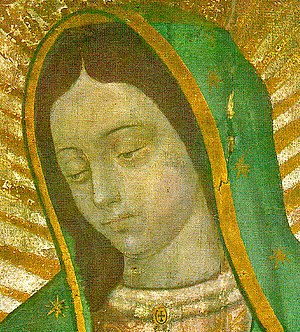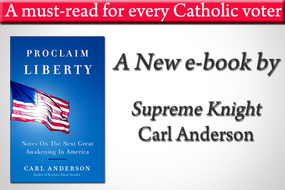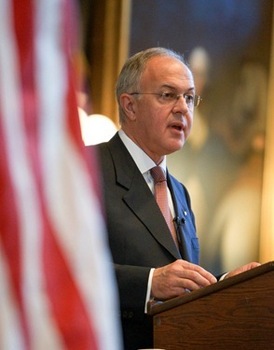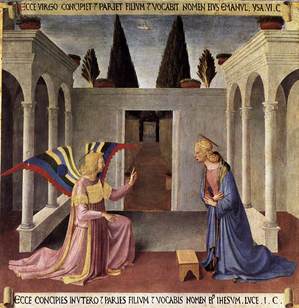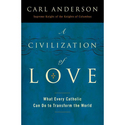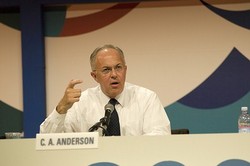Several weeks ago now Carl Anderson, the Supreme Knight of the Knights of Columbus met with the Holy Father. This week the Board of Directors of the KofC are meeting in Rome and they had an opportunity to meet Pope Francis. Here’s what the Pope had to say:
I am pleased to welcome the Board of Directors of the Knights of Columbus on the occasion of your meeting in Rome. I thank you once again for the prayers which you, and all the Knights and their families, have offered for my intentions and the needs of the Church throughout the world since my election as Bishop of Rome.
On this occasion I also wish to express my gratitude for the unfailing support which your Order has always given to the works of the Holy See. This support finds particular expression in the Vicarius Christi Fund, which is an eloquent sign of your solidarity with the Successor of Peter in his concern for the universal Church, but it is also seen in the daily prayers, sacrifices and apostolic works of so many Knights in their local Councils, their parishes and their communities. May prayer, witness to the faith and concern for our brothers and sisters in need always be the three pillars supporting your work both individually and corporately. In fidelity to the vision of the Venerable Father Michael McGivney, may you continue to seek new ways of being a leaven of the Gospel and a force for the spiritual renewal of society.
As the present Year of Faith draws to its close, I commend all of you in a special way to the intercession of Saint Joseph, the protector of the Holy Family of Nazareth, who is an admirable model of those manly virtues of quiet strength, integrity and fidelity which the Knights of Columbus are committed to preserving, cultivating and passing on to future generations of Catholic men.
Asking a remembrance in your prayers, and with great affection in the Lord, I now willingly impart to you, and to all the Knights and their families, my Apostolic Blessing.
